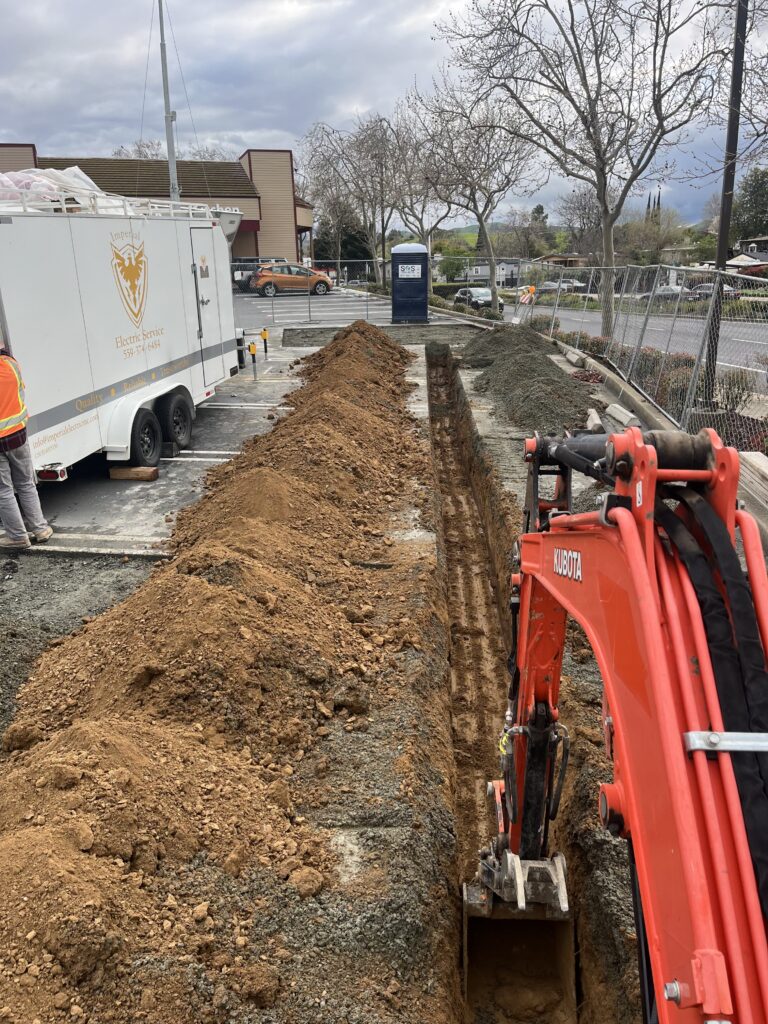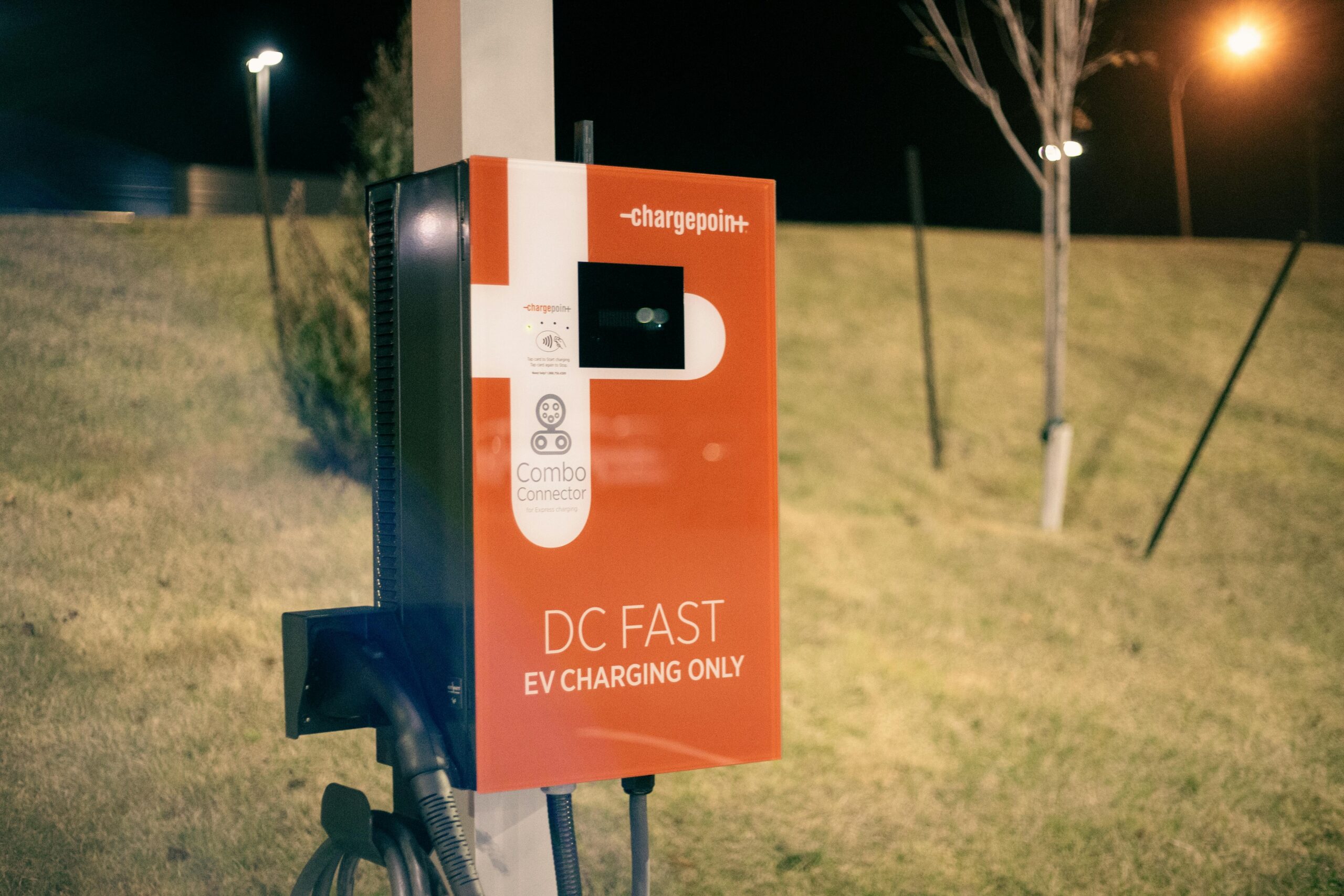Most people assume that they need DC fast chargers instead of Level 2 charging. But is fast EV charging better? Let’s break down why level 2 charging might be better for your fleet than DC fast charging.
DC fast charger vs Level 2
Price per charger
Prices for chargers vary on brands and also kW output. Generally, the higher kW output the more expensive the charger will be.
Level 2 chargers range in price from $1,000 to $7,500. DC fast chargers are priced between $40,000 to $150,000.
As you can see, it will be significantly more expensive to purchase DC fast chargers than Level 2 chargers.
Price for Infrastructure
Infrastructure is usually the most costly part of installing chargers. There are many factors that go into installing chargers and infrastructure. And prices can vary based on location and labor costs.

Currently the average price to install Level 2 chargers is approximately $2,500 to $5,000 per charging stall. For DC fast chargers the price is approximately $60,000 per charging stall.
Again, you can see DC fast chargers are significantly more expensive to install. This is partly because the cables are bigger and there’s usually more of them. They also require their own pads to be poured and trenches tend to run deeper.
DC power availability
It’s important to contact your utility to see if DC power is available to your location. AC power, the type Level 2 chargers use, is available everywhere.
But DC power, which is 3 phase power, is not always available. Contact your local power company to find out if it’s available for your location.
Vehicle Compatibility
All vehicles are compatible with level 2 charging, but not all vehicles are compatible with DC fast charging. Most are, but for instance the Mullen One is not able to be used with DC fast charging.
EV Battery Life
The jury is still out on whether or not frequent DC fast charging degrades batteries faster. It’s probably not something to worry about. But it’s good to know that there might be a small risk that the battery will degrade slightly faster with frequent fast charging.
Cost per kWh
Depending on your electricity company and your current plan, charging with level 2 chargers might be cheaper. Especially if you have a demand charge. You can check out this article where we talk about pricing out how much it costs to charge an EV.
But since DC fast chargers have a higher kW output this could lead to higher costs at the utility depending on kWh rates.
Charge time
For fast EV charging, DC fast chargers charge significantly faster. DC fast charger can charge is as little as 30 minutes to 1 hour. While level 2 chargers take 4-10 hours.
If charging in the least amount of time is the most important because your fleet runs 24 hours a day, then DC fast chargers are the way to go.
Is Faster EV Charging Better?
Overall, the cost of DC fast chargers is significantly more expensive than level 2 chargers. Everything from the price of the charger to installing infrastructure to potentially the cost at the utility company is more expensive.
It’s important to look at how the fleet is already using the vehicles and see if DC fast chargers are really a necessity. If the vehicles sit for 4-10 hours a day and have shorter routes, then level 2 chargers will probably be the best.
In the next article, we’ll start looking at some specific use cases and how to utilize level 2, DC fast charging, and mixed charging. If you have any questions, we’re always happy to help.
FAQ
Do I need DC fast chargers?
Not necessarily. It really depends on how long the vehicles will sit before needing to be out on the road again.
How can I estimate my site costs?
Here is a great tool by NREL (National Renewable Energy Laboratory). This tool helps you design your preliminary site layout and provides cost estimations. This doesn’t replace the need for engineered drawings, but is a good first step to understanding your site layout and potential costs.
Is DC fast charger bad for the battery?
Not necessarily. There is no evidence that using a DC fast charger is bad for the battery. It might lead to faster battery degradation, but even that has not been proven.




